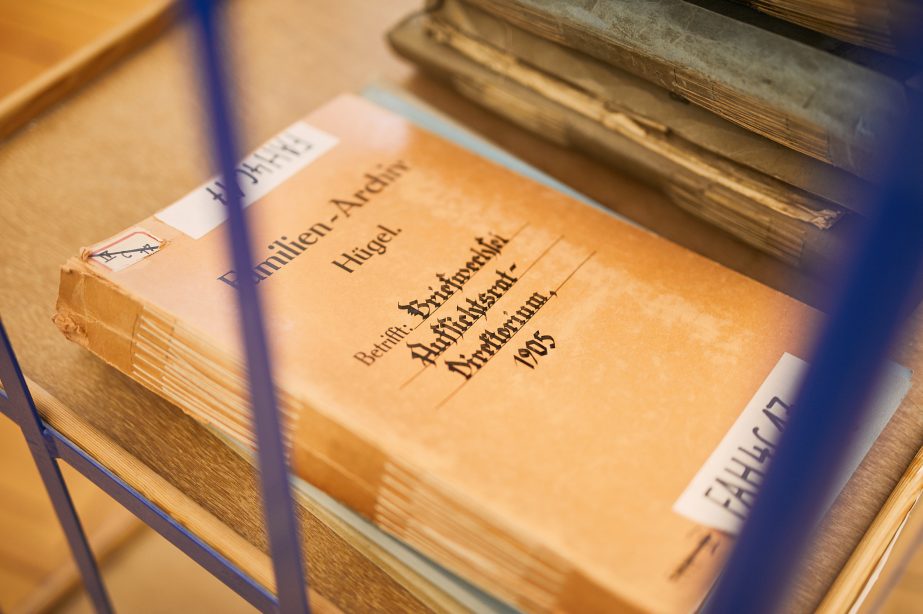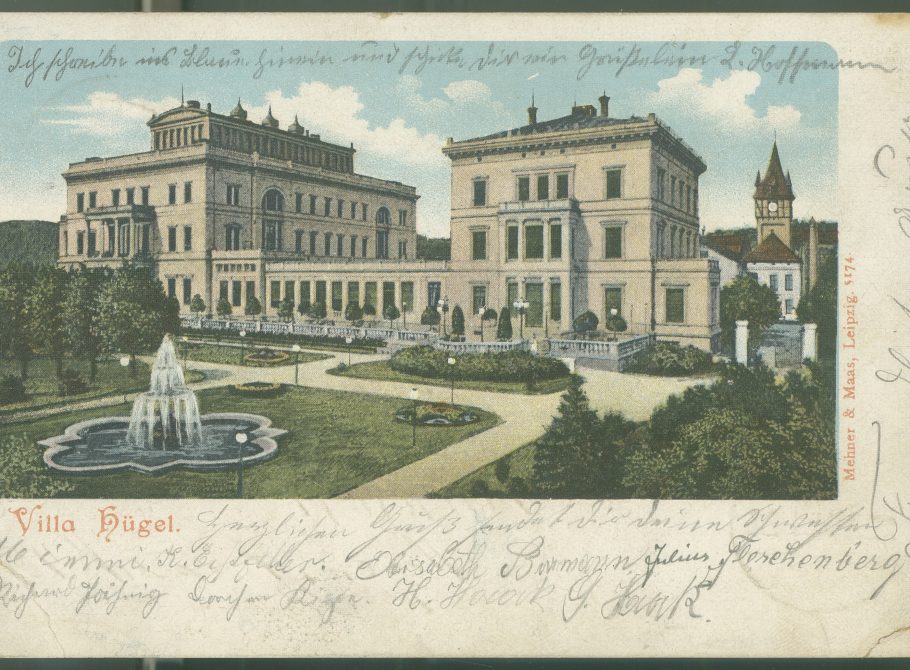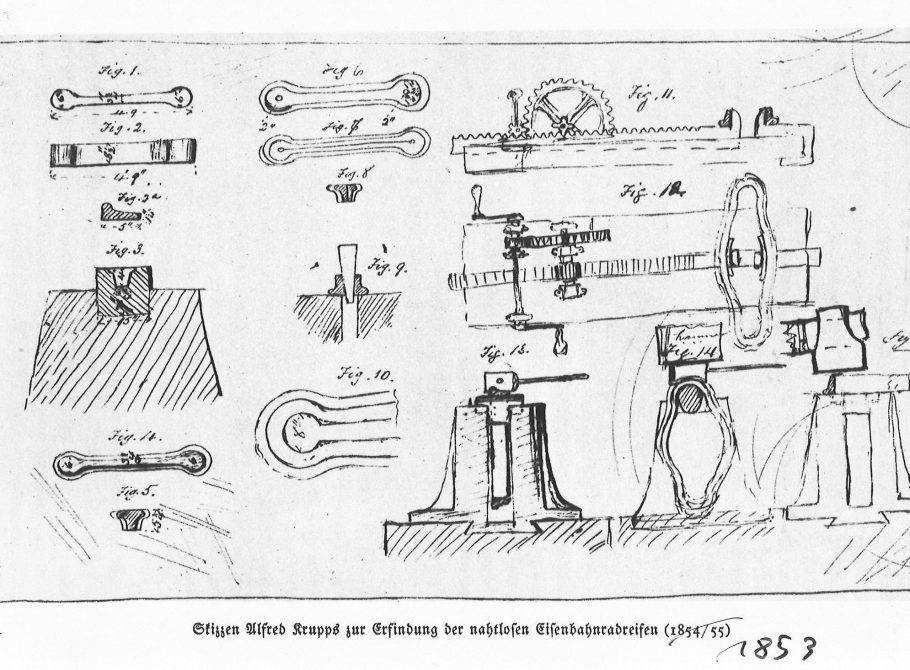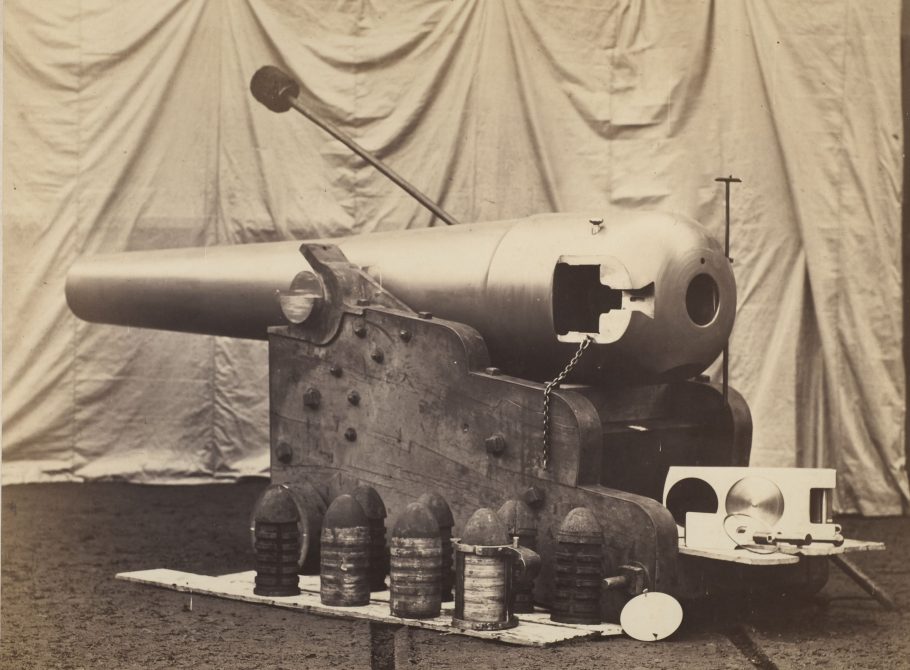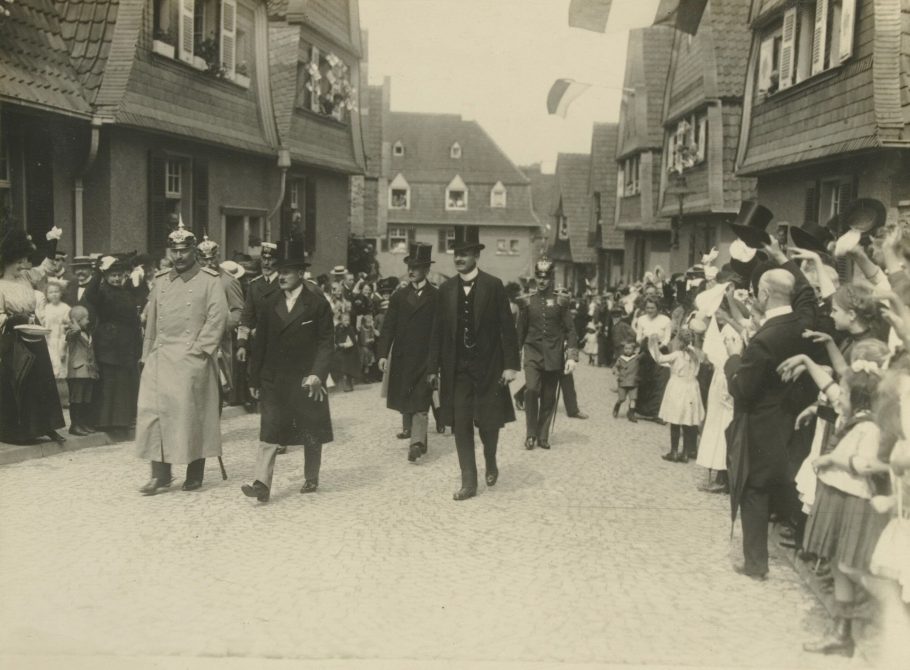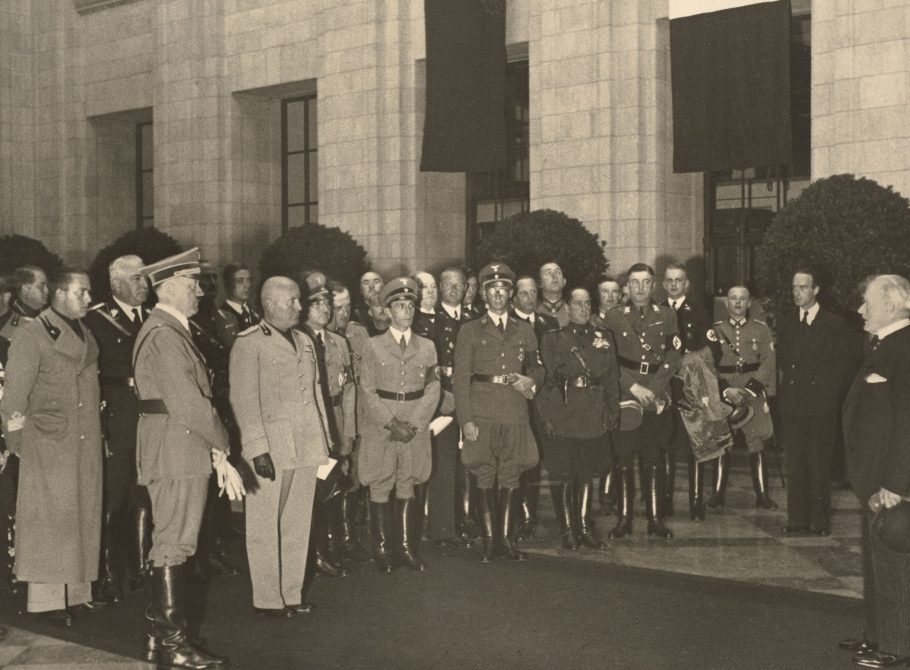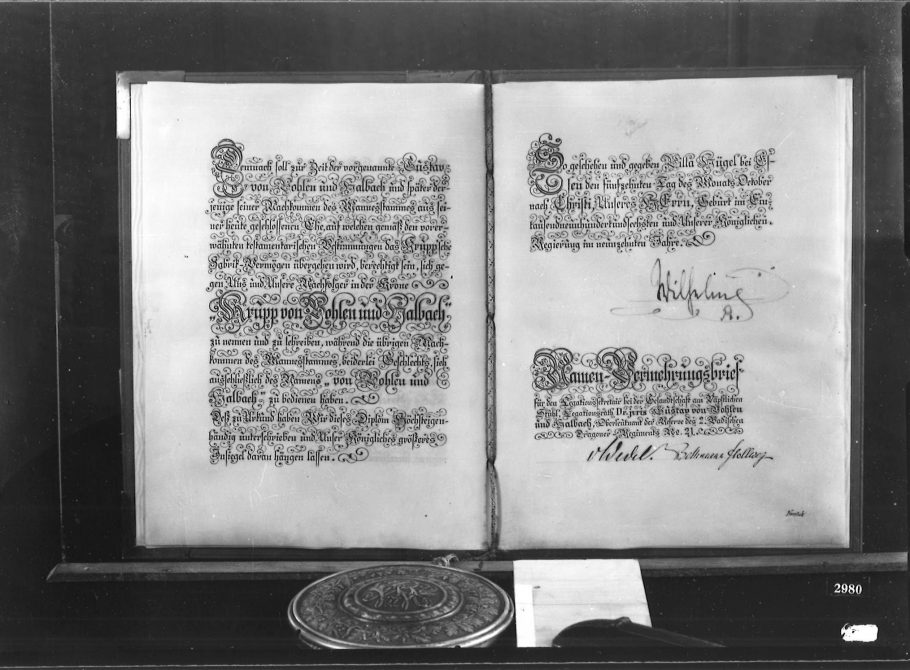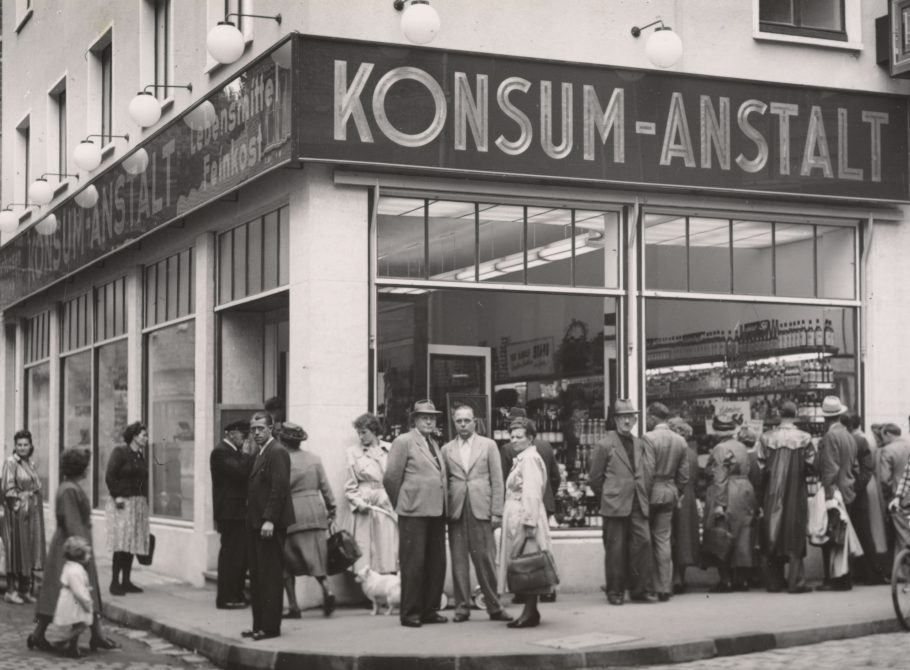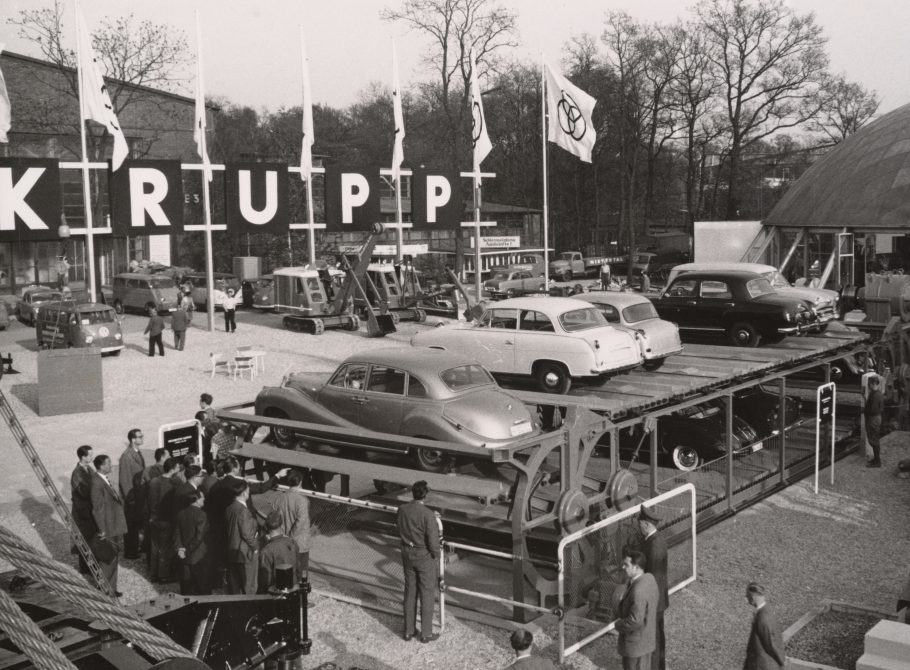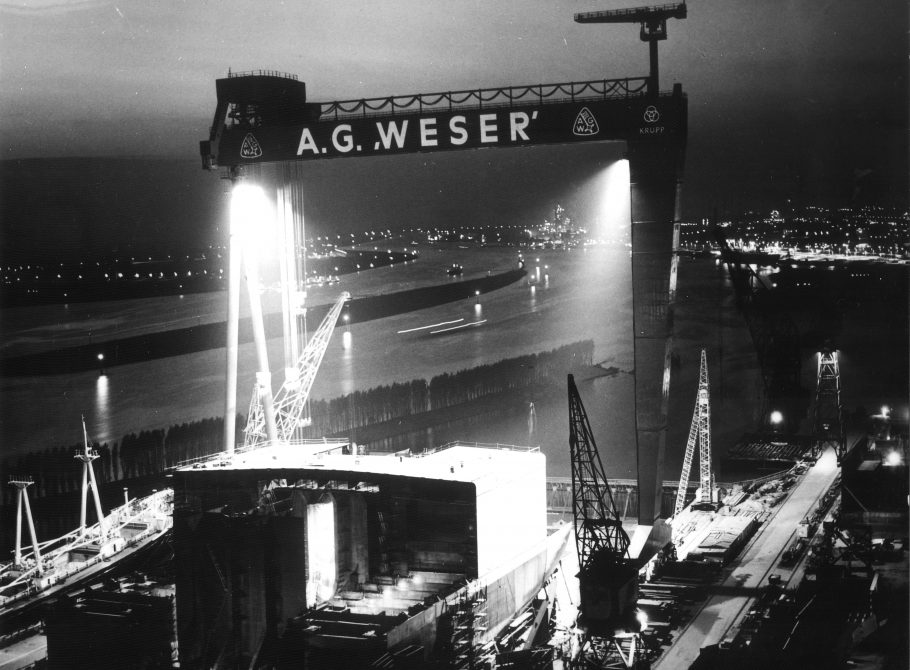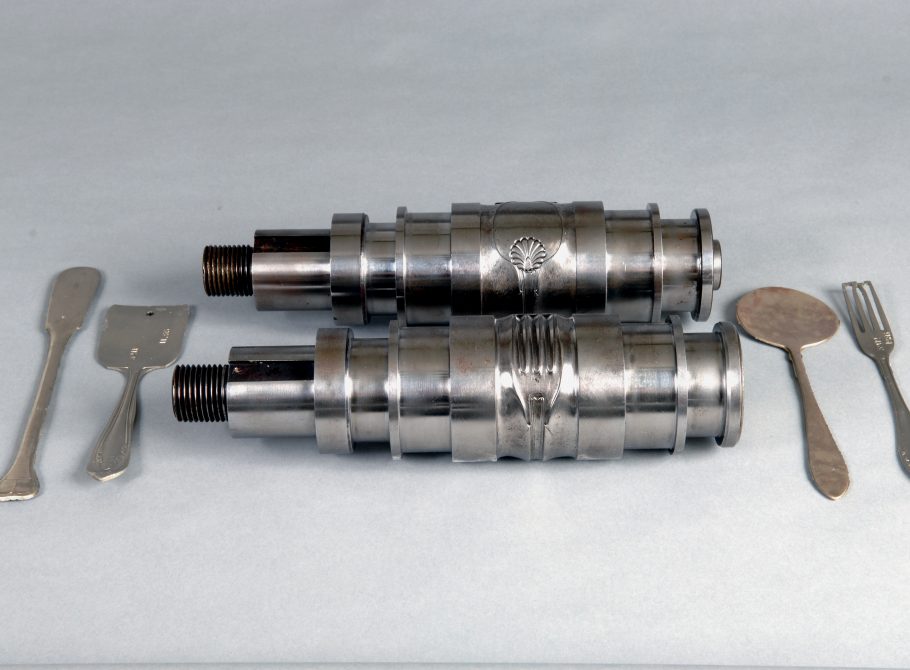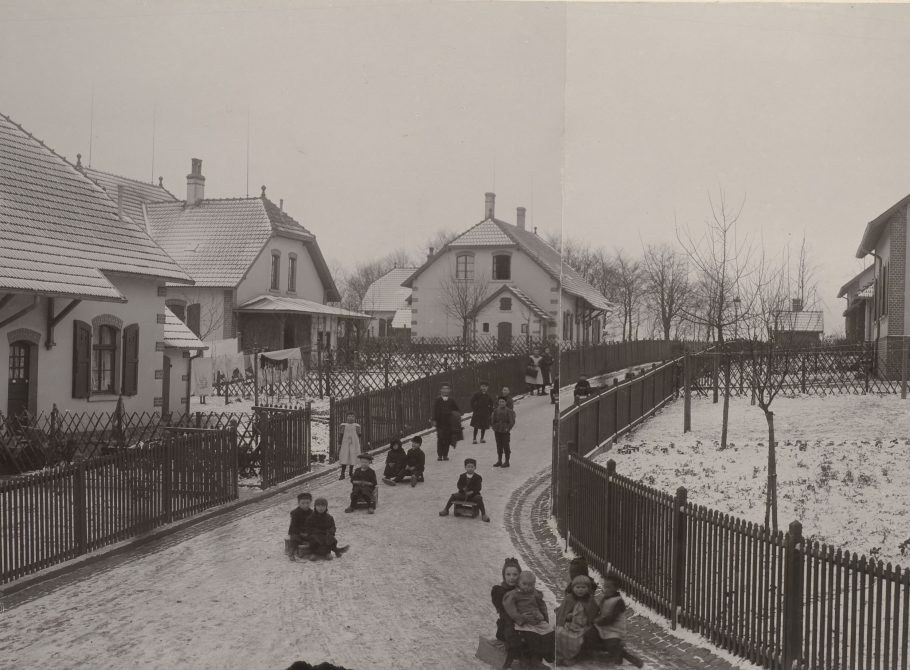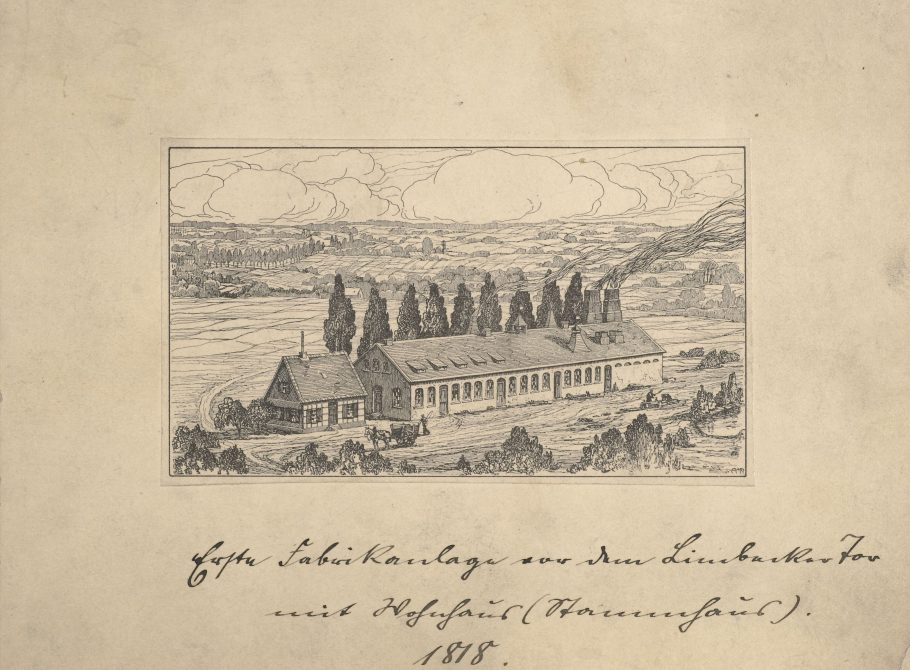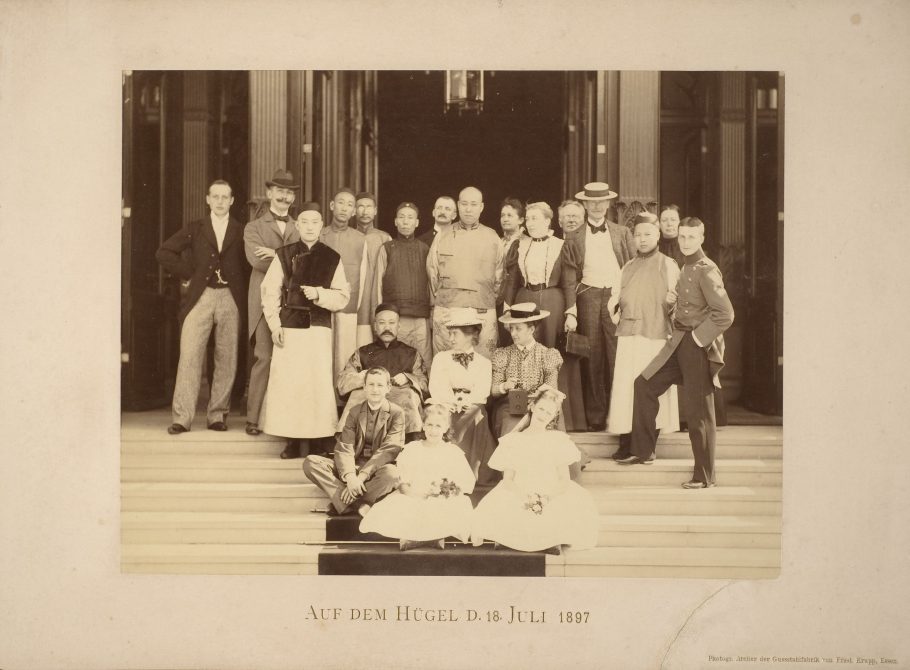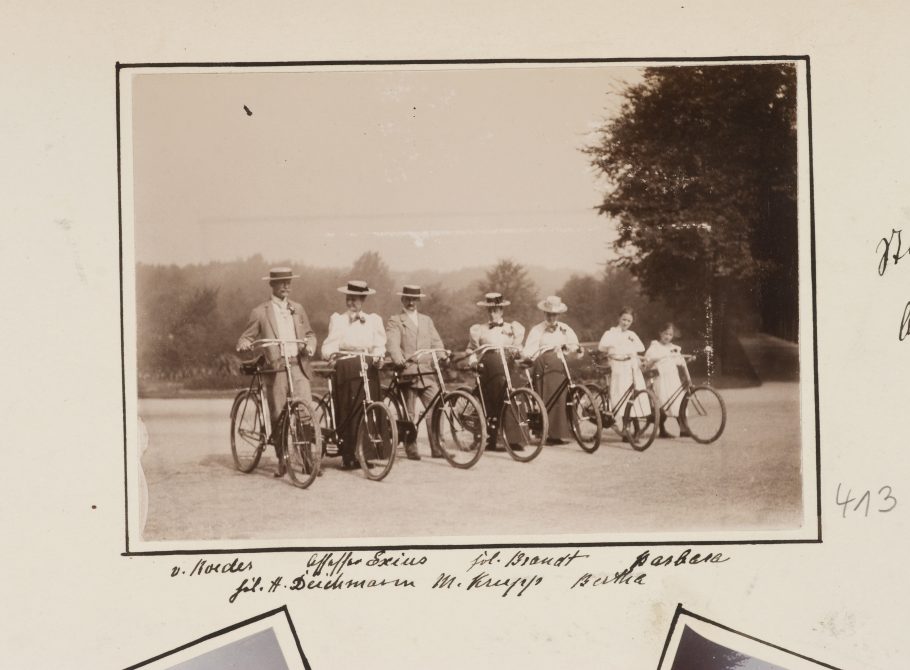The Krupp Historical Archive
Three institutions – one goal: The Alfried Krupp von Bohlen und Halbach Foundation as owner of Villa Hügel, the Krupp Historical Archive – also owned by the Krupp Foundation – and the Kulturstiftung Ruhr are working successfully together to make Villa Hügel accessible to the public, preserve it and preserve its historical heritage.
The Krupp Historical Archive is Germany’s oldest business archive, with its own history dating back more than one hundred years. The Fried. Krupp company and its proprietor family founded both a company archive and a family archive as early as 1905. The two were merged in the mid-1950s at the Villa Hügel to form the Krupp Historical Archive, which has been located in the Guest House since 1961. Today, the archive is owned by the Alfried Krupp von Bohlen und Halbach-Stiftung.
“But I hope that what remains will not be lost.”
Alfred Krupp, 1871
The Krupp Archive continually acquires new material, systematically indexes it and ensures its preservation for posterity. It serves the internal needs of the Alfried Krupp von Bohlen und Halbach-Stiftung and the thyssenkrupp Group while also providing historical source material for external research. The archive works to advance historical knowledge through its publications, its own exhibitions and the support it provides for the “Krupp Historical Exhibition”. In addition, researchers, media representatives, museums, public authorities and private individuals are invited to make use of the archive’s rich inventory of photographs, files and artefacts.
Leaflet of the Krupp Historical Exhibition (German only)
